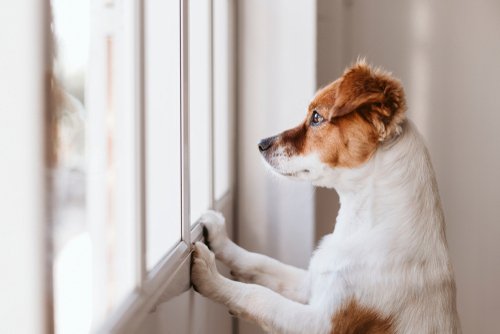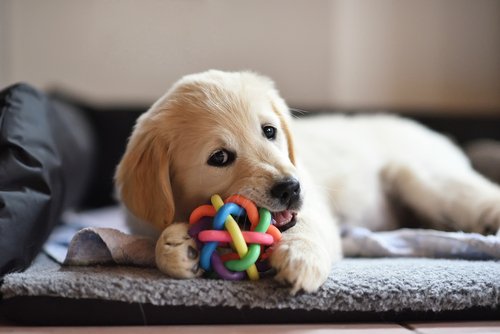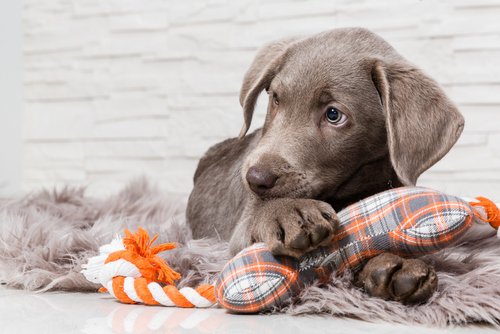Little Paws, Big Adjustments: Helping Your Puppy Settle In
Little Paws, Big Adjustments: Helping Your Puppy Settle In

Welcoming a new puppy into your home is a delightful experience, full of love and excitement. However, like any significant change, it comes with an adjustment phase that might include some challenges, such as your puppy experiencing separation anxiety. Ensuring a smooth transition during this period is crucial, as it sets the foundation for your puppy's comfort and security in their new environment.
Understanding Puppy Separation Anxiety
Separation anxiety in puppies can manifest as excessive barking, whining, chewing, and even attempts to escape. These behaviors are typically driven by the fear of being alone. Puppies are pack animals and are instinctively inclined to be with their family. Understanding this is the first step towards helping them. Providing your puppy with interactive toys, comfort items like blankets or clothing with your scent, and gradually increasing periods of alone time can help alleviate separation anxiety. Remember, patience and consistency are key as your puppy learns to feel secure when left alone.
Creating a Calming Atmosphere
The environment you create for your puppy plays a pivotal role in shaping their emotional resilience and overall well-being, particularly in how they navigate periods of solitude. To ease their anxiety and ensure their well-being, keep in mind the importance of creating a comforting environment tailored to their needs.

Establishing a Routine for Your New Puppy
A consistent routine is vital for your puppy adjusting to their new home. Regular feeding times, walks, play sessions, and rest periods can greatly help in reducing anxiety by providing predictability. Training sessions also play a crucial role; they not only teach your puppy desired behaviors but also enhance their confidence and trust in you. Effective training extends beyond teaching basic commands and plays a vital role in reducing separation anxiety in puppies. By establishing clear communication through consistent training, you create an environment of predictability and trust. When puppies understand commands and routines, they feel more secure, even in their owner's absence. Training sessions that focus on calm behavior when left alone, like 'stay' or 'settle,' can be specifically tailored to address separation anxiety. Positive reinforcement during these training sessions reinforces calmness and security, teaching the puppy that solitude can be safe and temporary.

Socialization and Handling
Socialization is another crucial aspect of helping your puppy adjust and reducing feelings of anxiety. Exposing your puppy to different environments, people, and other animals in a controlled manner helps them become more adaptable and less fearful of the unfamiliar. Similarly, regular handling and grooming sessions teach your puppy to be comfortable with human touch, which can be calming during times they feel stressed.
At The Family Puppy, our staff is here to support you every step of the way. Together, we can make sure your new puppy feels at home and thrives. Whether you need advice on the best interactive toys, assistance in choosing the right food, or tips on training and socialization, we are committed to helping you provide the best care for your new furry family member.
